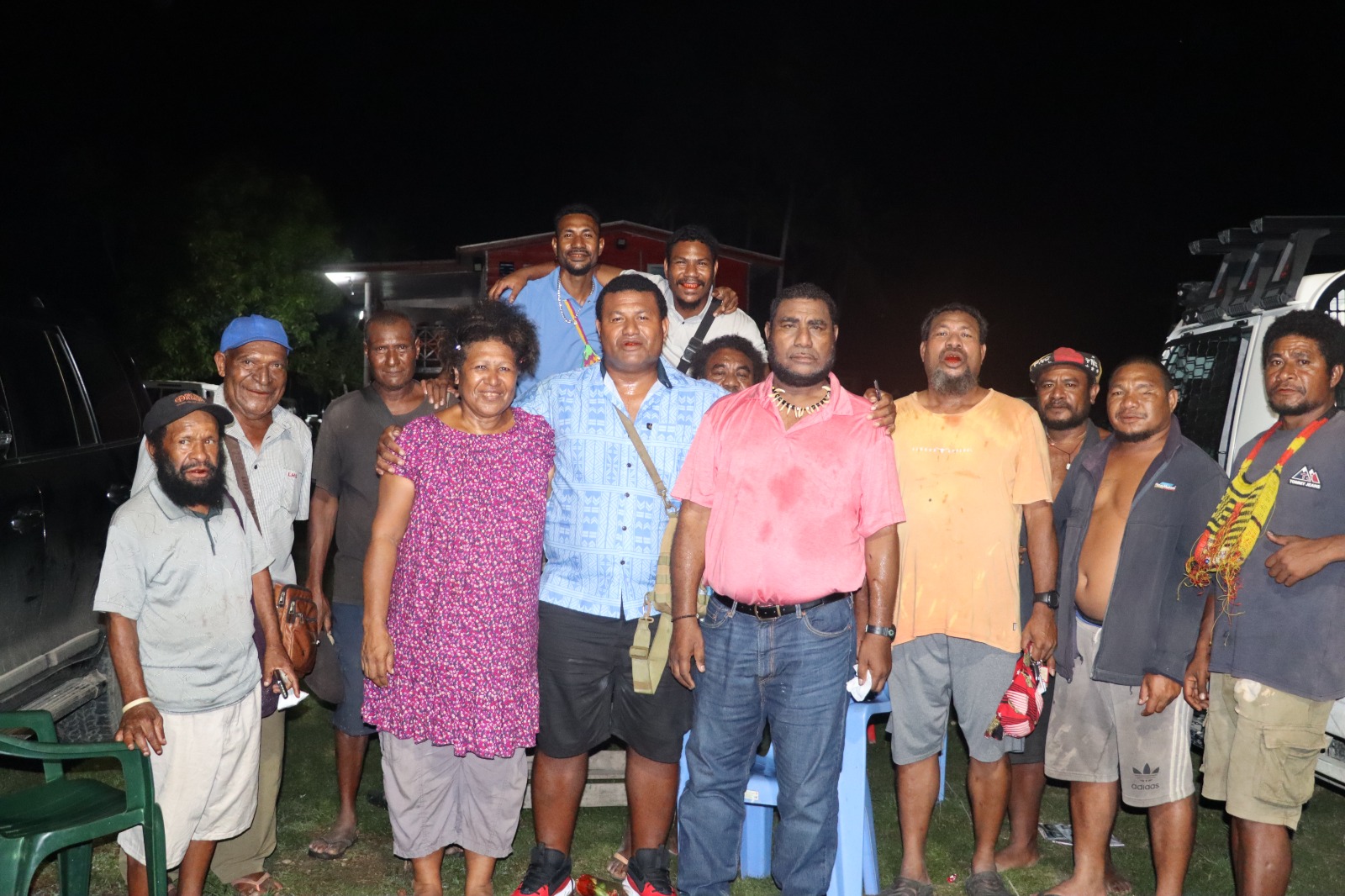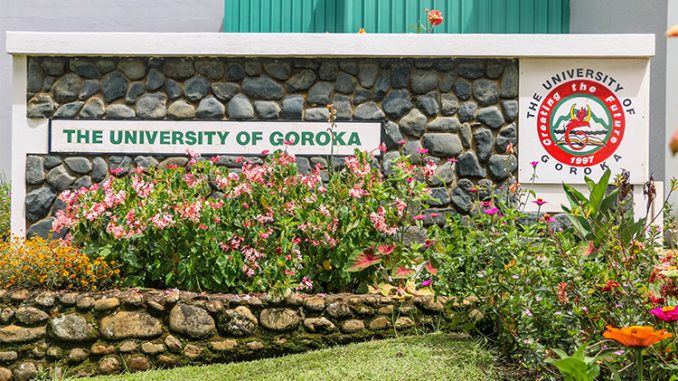Prime Minister James Marape has issued a stern call for accountability, revealing that the government has distributed over K56 billion in public funds across the nation since 2019.
Speaking at the launch of the Reset PNG@50 blueprint at the University of Papua New Guinea, the Prime Minister challenged government agencies, provincial administrations, districts, and public institutions to show tangible results for the money spent.
“In the last six years under my watch, we have released K56 billion to provinces, districts, departments, Provincial Health Authority (PHAs), and tertiary institutions.”
“That is not a small sum. Every leader, administrator, and public servant must ask, what have we done with it?”
“The funds were intended to support the government's commitment to decentralising service delivery.”
PM Marape revealed that recent administrative reviews uncovered serious gaps in financial reporting and compliance, with some agencies failing to submit expenditure reports for several years.
He underscored his commitment to tackling this issue by sharing an example where he was forced to reject the contract renewal of a senior official despite their friendship, due to a five-year failure to provide expenditure reports.
“Friendship cannot override accountability.”
The Prime Minister warned that his government will no longer tolerate poor financial management, insisting that all public officers entrusted with funds must report transparently.
To strengthen systems and ensure value for money, PM Marape announced the establishment of the National Monitoring and Coordination Authority.
This new body will be responsible for overseeing project implementation and expenditure tracking.
“The time of writing cheques without seeing results is over. This new authority will check where the money goes, what it delivers, and whether it benefits the people.”
He urged officials to uphold financial discipline, emphasising that money must move from paper to the ground and if it does not reach the people, then it has failed its purpose.
Linking financial accountability to PNG's new population figure of 10.18 million, the Prime Minister stressed that “every kina matter.”
He insisted the K56 billion must “translate into better services, not lost in bureaucracy, corruption, or inefficiency.”
The Reset PNG@50 blueprint will guide the next phase of reform, focusing on evidence-based planning and measurable outcomes.
PM Marape concluded with a call for a moral and institutional “reset,” urging officials to prioritize the country’s laws over politics or personalities.
“This is not just about money; it is about conscience. Let us reset our hearts, our systems, and our commitment to the people.”
The Prime Minister’s remarks highlight a significant focus on anti-corruption and fiscal discipline. What are your thoughts on the impact this new monitoring authority might have on governance in Papua New Guinea?





